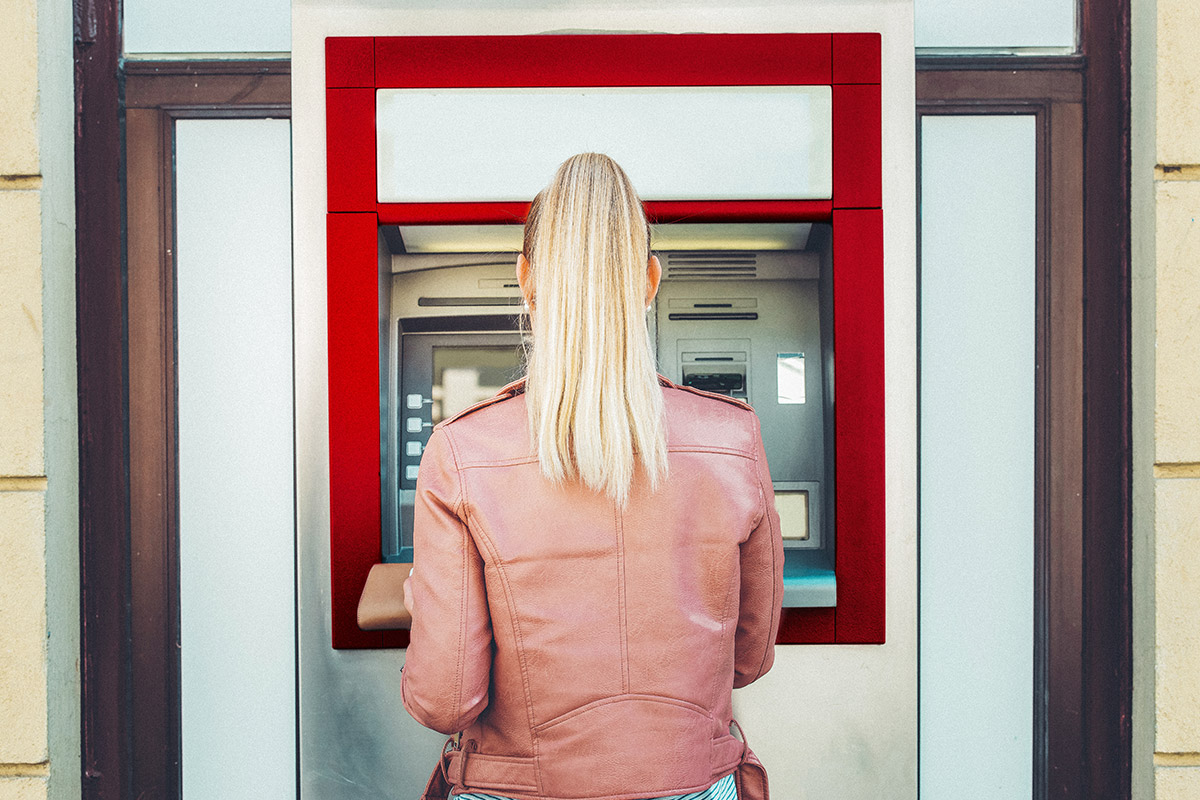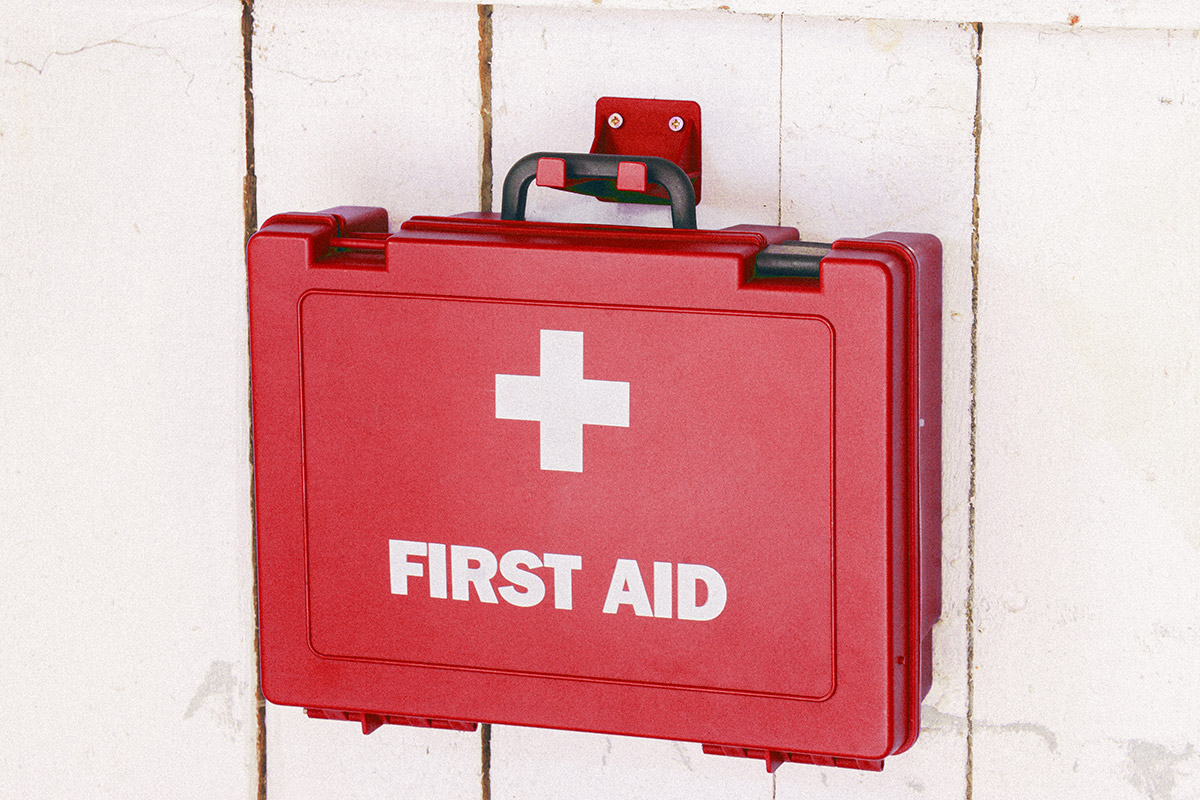
9 Social Media Posts That Can Cost You
Today is International Day of Friendship—an initiative based on the same principles set forth in the Declaration on a Culture of Peace adopted by the UN in 1999. One of the areas of action identified in this cause is the “relevance of friendship as a noble and valuable sentiment in the lives of human beings around the world.”
Mountain America Credit Union is happy to support anything that promotes friendship, respect and equality! And, when we’re talking about friends, we can’t forget about connecting on social media, right?
You’re probably already familiar with some of the risks of social media like phishing, money mules and other scams that rely on you responding to a fake post. But, did you know that some of the things you’re posting on your own account can be harmful to your finances? It’s true! Certain posts could cause you to lose job opportunities or even provide criminals with the building blocks they need to compromise your identity.
-
Travel plansThe obvious reason for not sharing your travel plans, either before you travel or while you’re away, is because thieves will know when your home is unoccupied.
Another reason? Imagine this scenario—you’re posting daily with inspirational photos on your tour through Italy. One day you get an email or text from your bank saying they’ve noticed suspicious activity on your credit card and the charges are originating in Rome. They ask you to share your personal information (social security number, credit card number and login) so they can verify the charges were made by you. Assuming the charges are yours, you comply.
Next thing you know, your accounts are empty and new lines of credit have been opened in your name. If you must post about your travels, do it when you are safely back home. -
Information about your kids
You have the cutest daughter! But, posting her personal details—full name, birthday, school information—could give scammers enough details to steal her identity. It’s possible you wouldn’t even know there was a problem until she turned 18 and started applying for her own credit. -
Insulting your employer
Even if your employer doesn’t follow you on social media, we all know it wouldn’t take long for a negative post to get back to the people in charge. Not only could it put your current position in jeopardy, but future employers may consider insulting remarks against an employer (former or otherwise) as a reason not to hire or promote you. -
Keys
Just bought a new home? Don’t post a photo of your keys! Tech-savvy thieves are scouring social networks for these images, which they use to create a duplicate key. It’s a fast, easy and inexpensive way to gain access to your home. -
Photos of yourself in compromising positions
It may be fun to share pics of your wild night out but, unfortunately, you can’t guarantee that this won’t negatively impact your reputation. This relates back to #3—potential employers will likely research your online presence as they consider you for a job. If they see pictures of you drinking, or worse, your resume could quickly move to the “no” pile. Review your social media accounts now and remove any photos or posts that could be interpreted as unprofessional. -
Your credit card
Specialty or elite credit cards come with a certain amount of prestige. So, it stands to reason why you may want to share your new acquisition with your friends. However, a photo of your credit card is exactly what fraudsters are looking for—they can pull the information lickety-split and make charges to your account. -
New driver’s license or passport
Whether it’s the goofy headshot on your latest passport or a picture of your teen flashing their first license, it’s not a good idea to post it on social media. It’s far too easy to zoom in and get personal information like a name, address and birthdate, and start siphoning money from your accounts. -
Anything with a barcode
Boarding passes, train and ferry tickets—even concert tickets—often include a barcode. Tech-savvy scammers can scan the barcode, get into your accounts and potentially gain access to your frequent flyer account number, credit card number or other personal information. Protect these items and keep them off social media. -
Nothing at all
With all the potential dangers, it’s tempting to delete your accounts and stay off social media completely. However, the role of social media in the hiring process has grown exponentially. If you’re a professional, a social presence of some kind can help to showcase your interests, values and personality.
Final points: Remember to share wisely when it comes to social media and regularly review your security settings.
Related Articles

7 Ways to Protect Yourself from ATM Skimming
